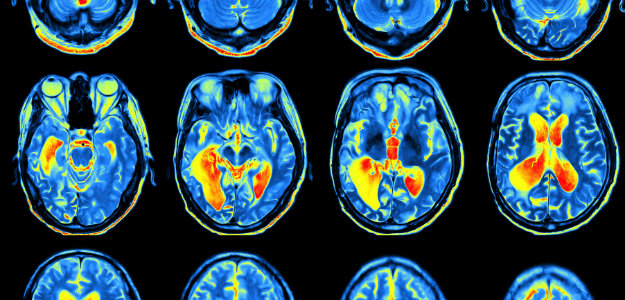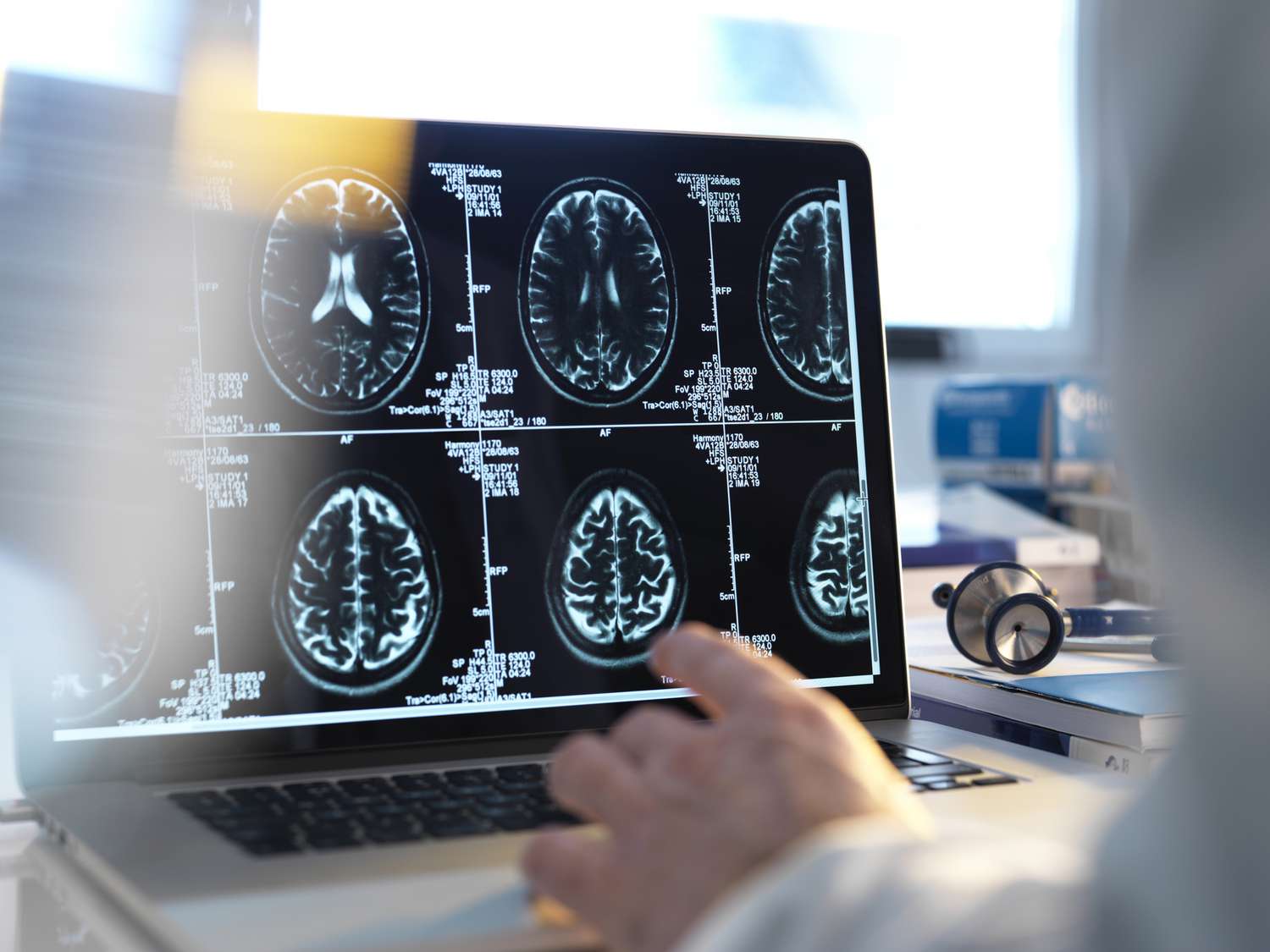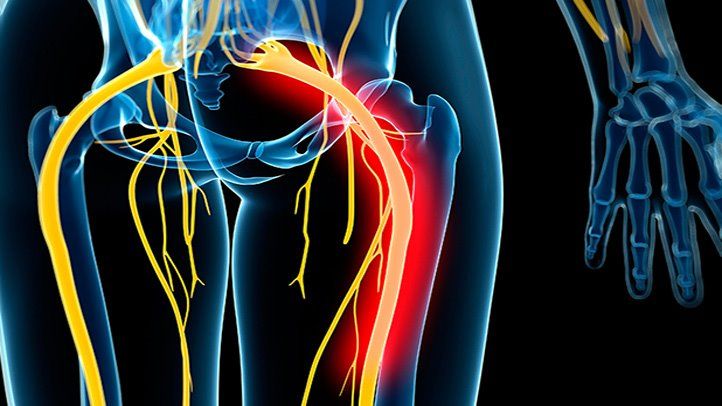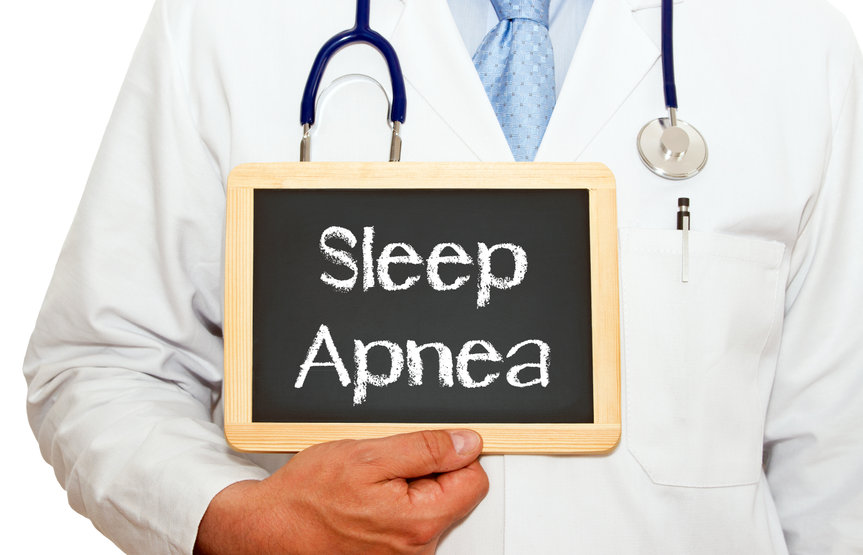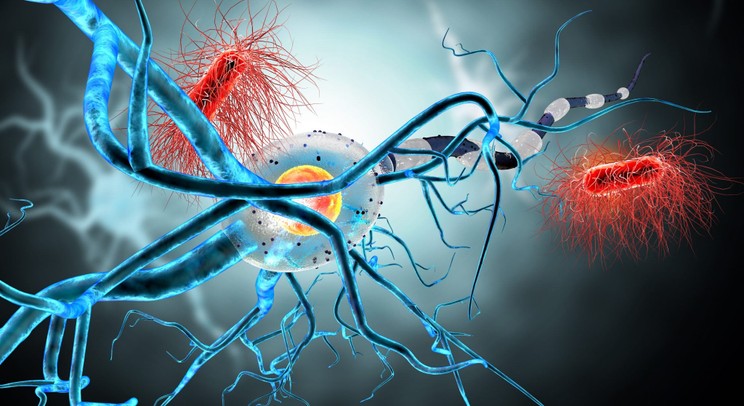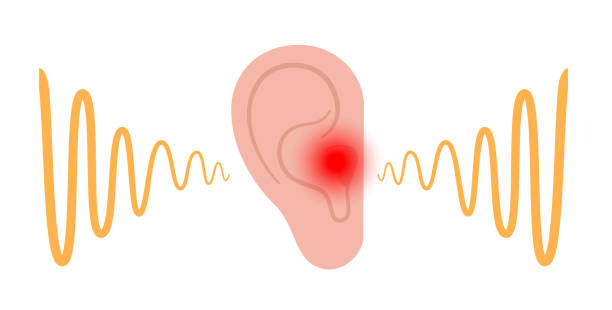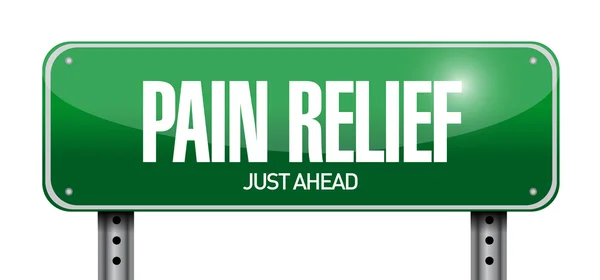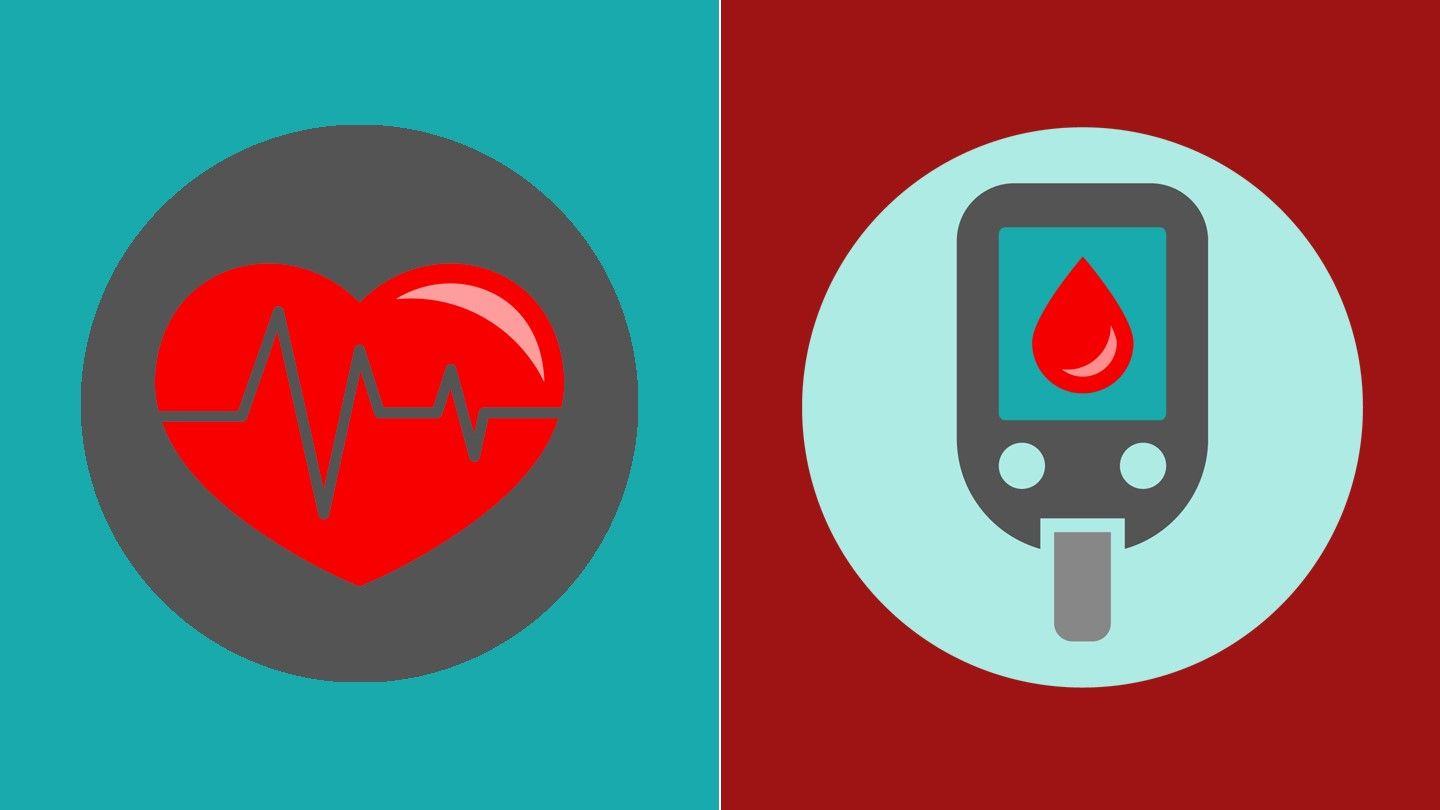
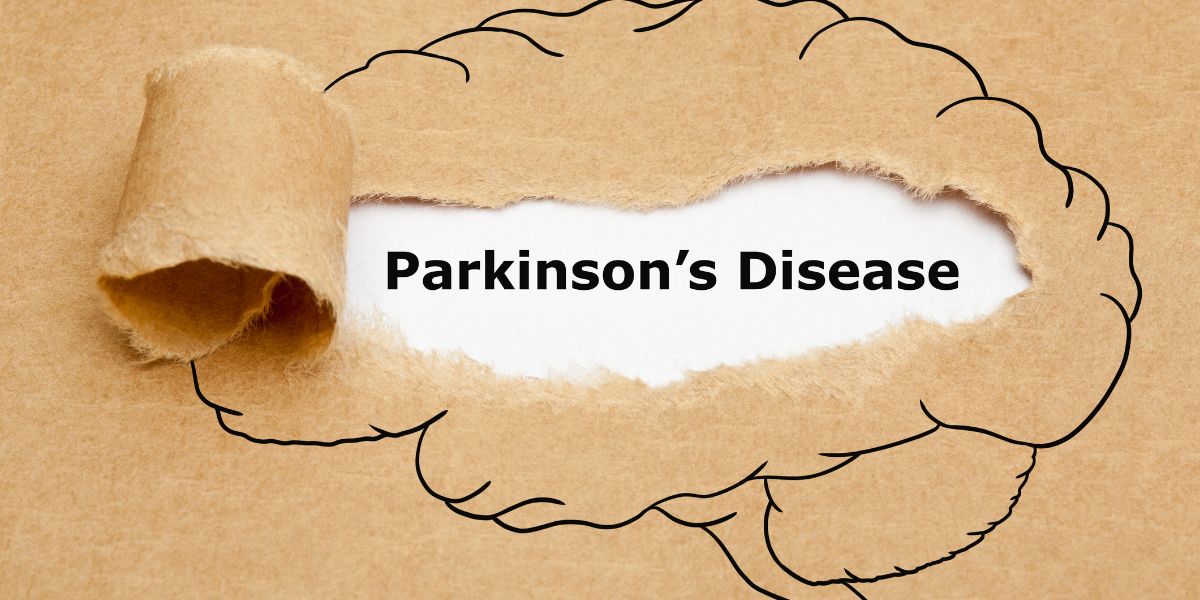
Parkinson’s disease: predisposing factors, symptoms, treatment
What is Parkinson’s disease? Parkinson’s disease is a chronic condition due to progressive neuronal degeneration with the initial appearance of motor deficits followed by non-motor deficits of the sensory, cognitive and behavioral types. Why does Parkinson’s disease occur? Parkinson’s disease-specific motor deficits are caused by cellular losses of the substantia nigra located in the midbrain…

Blood pressure
Blood pressure is a force of circulating blood on the walls of arteries. Generally, we measure blood pressure in two terms systolic and diastolic. The normal blood pressure range is 120 /80mmHg. High blood pressure is 140/90mmHg or higher and low blood pressure is 90/60mmHg or lower. High blood pressure is known as a silent…

Dizziness
Dizziness is a term used to describe several types of sensations, including faintness, weakness, or unsteadiness. The severe dizziness that creates the false feeling that the person or what is around them is moving is called vertigo, a condition that can affect everyday life and to which we have dedicated a separate article. Morning sickness…

Fear of the dark and the sleeping patterns
It is normal that at some point in life, and especially at a young age, we are afraid of the dark, before going to sleep. There are, however, certain cases in which a person feels an irrational and extreme fear of the dark, and then we talk about a phobia, called nyctophobia. Fear of the…

Does your hand feel numb? Look what might be the causes!
Hand numbness in medical terms is called paresthesia. Paresthesia is a term used to describe an unpleasant tingling, burning, stinging, numbness or cold sensation in the skin that may be caused by polyneuropathy, spinal conditions, metabolic diseases or vitamin deficiencies. Depending on the intensity, extent and duration of the paresthesia, it can have multiple aetiologies…
Venous insufficiency and blood circulation
Chronic venous insufficiency is a frequently encountered pathology in current medical practice and is due to a combination of factors, among which are venous valvular incompetence, prolonged orthostatism, obesity, age over 50 and genetic predisposition. In certain situations, venous dysfunction can contribute to the formation of intravascular thrombi (blood clots) with the appearance of thrombophlebitis,…

Hypoglycemia: causes, manifestations, treatment
Hypoglycemia represents the decrease of the glycemic index below the value of 70mg/dl, a medical condition in which muscle cells and especially nerve cells are deprived of the main substrate necessary for the development of metabolic processes in optimal conditions. What is hypoglycemia? What are the causes of hypoglycemia? What are the symptoms of hypoglycemia?…
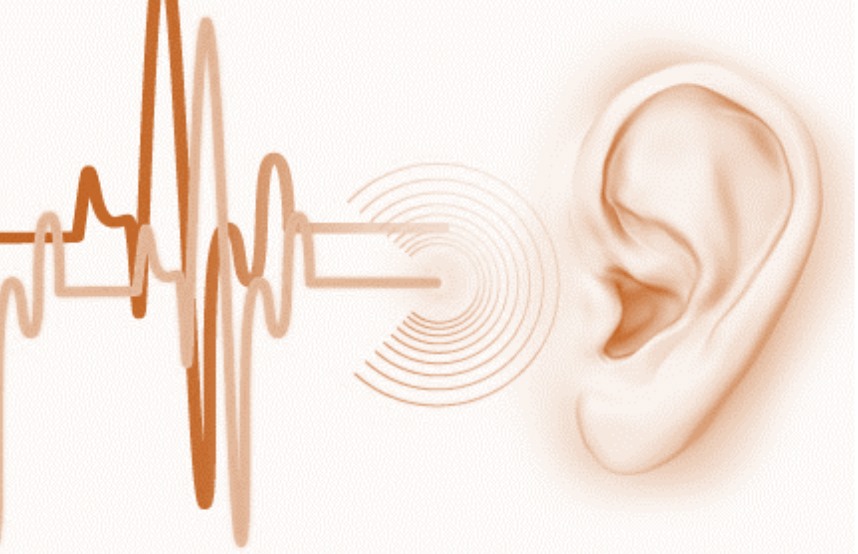
Tinnitus or ringing in the ears: causes and treatment
Tinnitus is a subjective manifestation, perceived by the patient as an abnormal noise in the ears in the form of whistling, clicking, clicking or whistling. The conditions that favor the appearance of tinnitus and the duration of its evolution determine the acute or chronic nature of this manifestation. What can cause tinnitus? Tinnitus risk factors…

Immune system
The capacity to recognize the intrusion of any material foreign to the body and to mobilize cells and cell products to help remove the particular sort of foreign material with greater speed and effectiveness is known as immunity. Defense lines There are three defense lines in our body: Immune system The immune system is derived…


